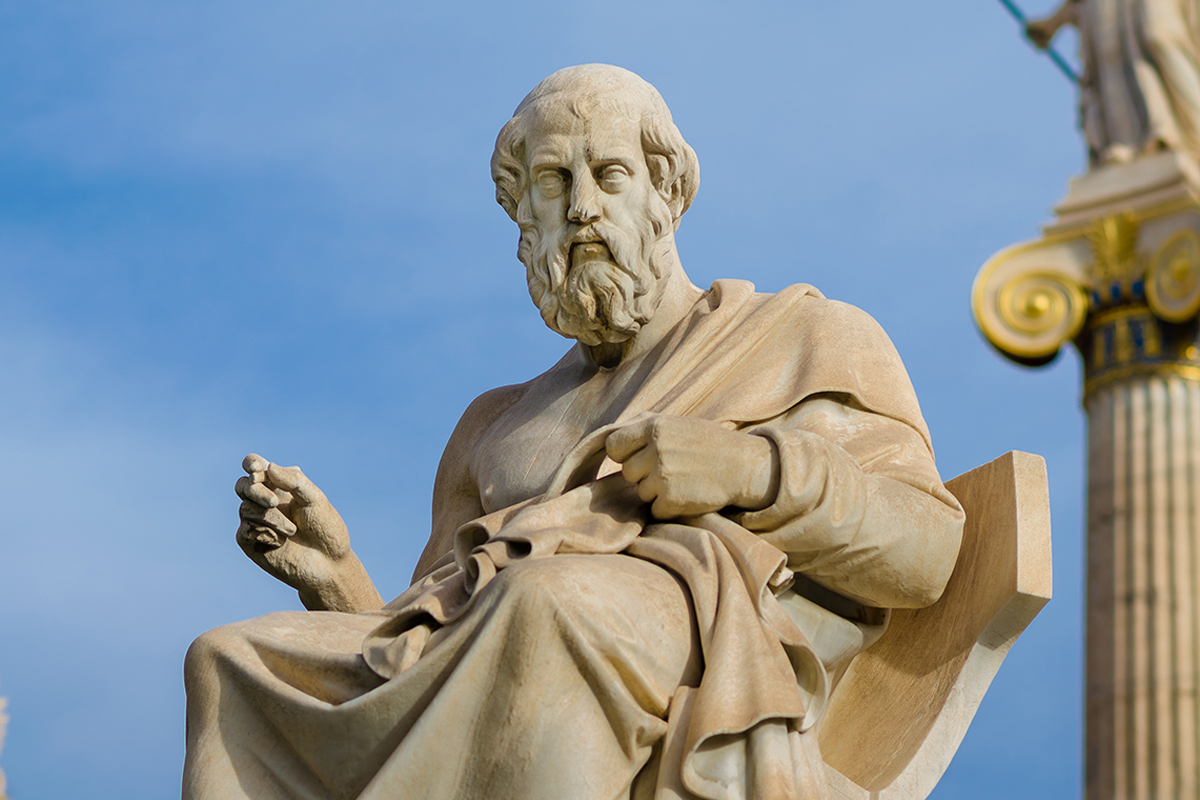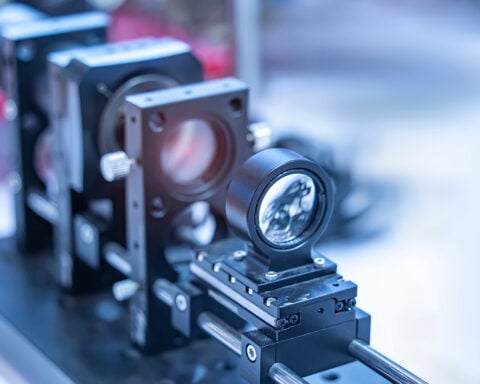In a groundbreaking development reminiscent of a modern renaissance, researchers and technology innovators are utilizing state-of-the-art AI tools to uncover the secrets of ancient scrolls, including one that sheds light on the life of the renowned Greek philosopher Plato.
The initiative, part of a broader endeavor to decipher, revive, and interpret ancient and vanished languages, recently made waves with its assertion of having pinpointed Plato’s final resting place in the garden of his Athens Academy. This breakthrough was made possible by scanning an ancient papyrus scroll discovered in a villa in Herculaneum, buried by the eruption of Mount Vesuvius in AD79.
The scroll, titled The History of the Academy and authored by the philosopher Philodemus in the first century, had been under scrutiny for years, but its fragmented and faded state posed a formidable challenge. Employing hyperspectral imaging, scholars managed to illuminate the scroll fragments with infrared light, uncovering previously invisible letters and reconstructing 20% to 30% more of the text, adding 1,000 extra letters.
Beyond providing insights into Plato’s life, the scroll hints at the existence of one or possibly two unknown books on the Megarians and the Cynics, presenting intriguing prospects for future discoveries. The project’s success has sparked a renewed push to unlock the secrets of other ancient texts, including the carbonized scrolls from Herculaneum, which are too fragile to physically unfurl.
Under the guidance of computer scientist Brent Seales at the University of Kentucky, researchers have devised techniques to virtually unwrap CT scans of these scrolls, deciphering text without physically unrolling them. The Vesuvius Challenge, a competition backed by entrepreneurs from Silicon Valley, recently awarded prizes for deciphering text from scans of scroll fragments, with aims to read 90% of a scroll by year’s end.
The potential of these technologies extends beyond the Herculaneum scrolls, offering a glimpse into the ancient world preserved in papyrus wrapped around Egyptian mummies and other artifacts. Tools like Ithaca, a Transformer-based architecture developed by scholars and AI experts, are revolutionizing the field by predicting missing characters in inscriptions and proposing their origins.
This new collaborative approach, involving both computer engineers and scholars, has proven successful in reshaping our understanding of ancient languages and cultures. By establishing clean and meticulously curated datasets that encompass a wide array of languages and writings, researchers are garnering the trust and involvement of both the public and scholarly communities.
As we unlock more of the past with these innovative technologies, we are not only expanding our knowledge of antiquity but also gaining insights into the thoughts, language, society, and politics of ancient civilizations. The dawn of a modern renaissance is upon us, propelled by the fusion of ancient wisdom and contemporary technology, promising a profound understanding of our shared human history.







